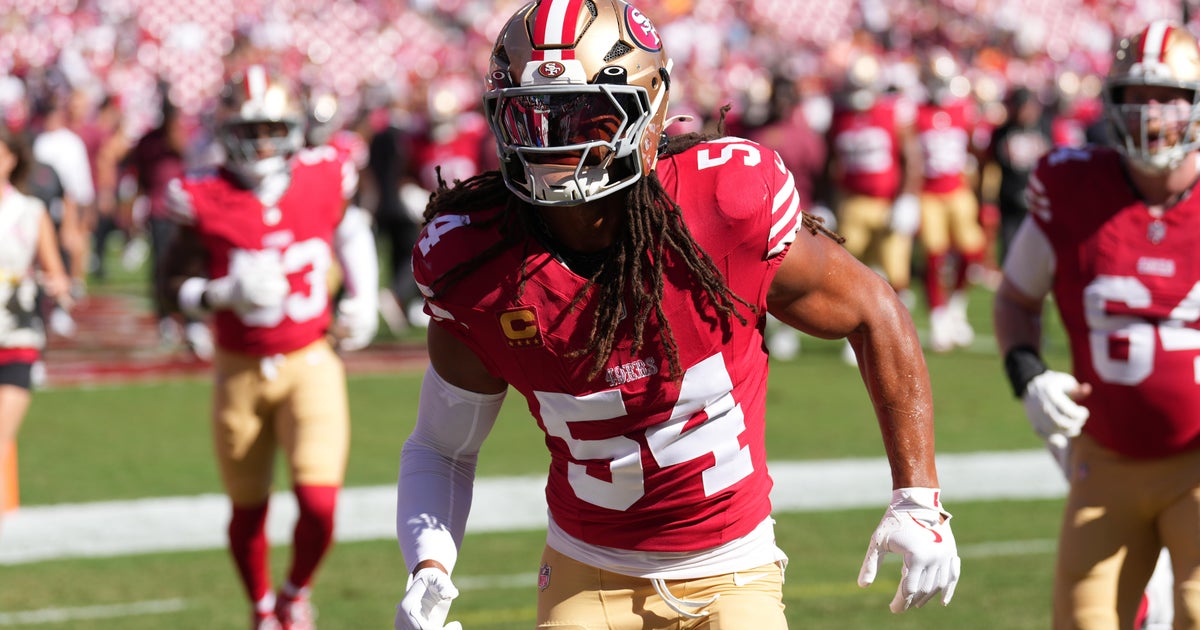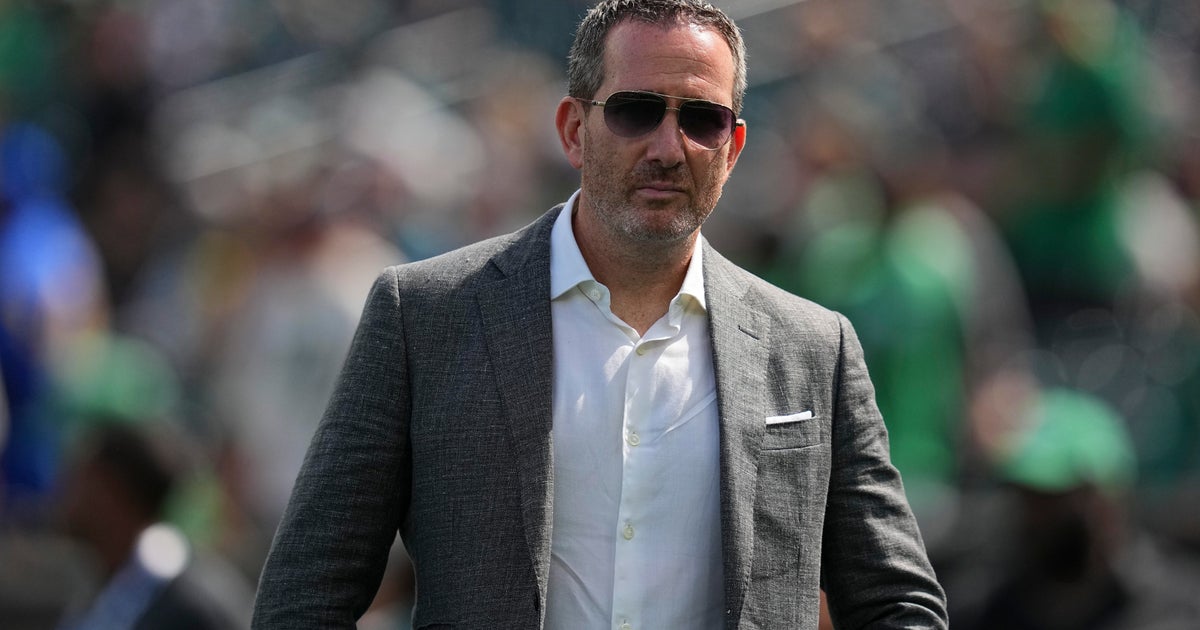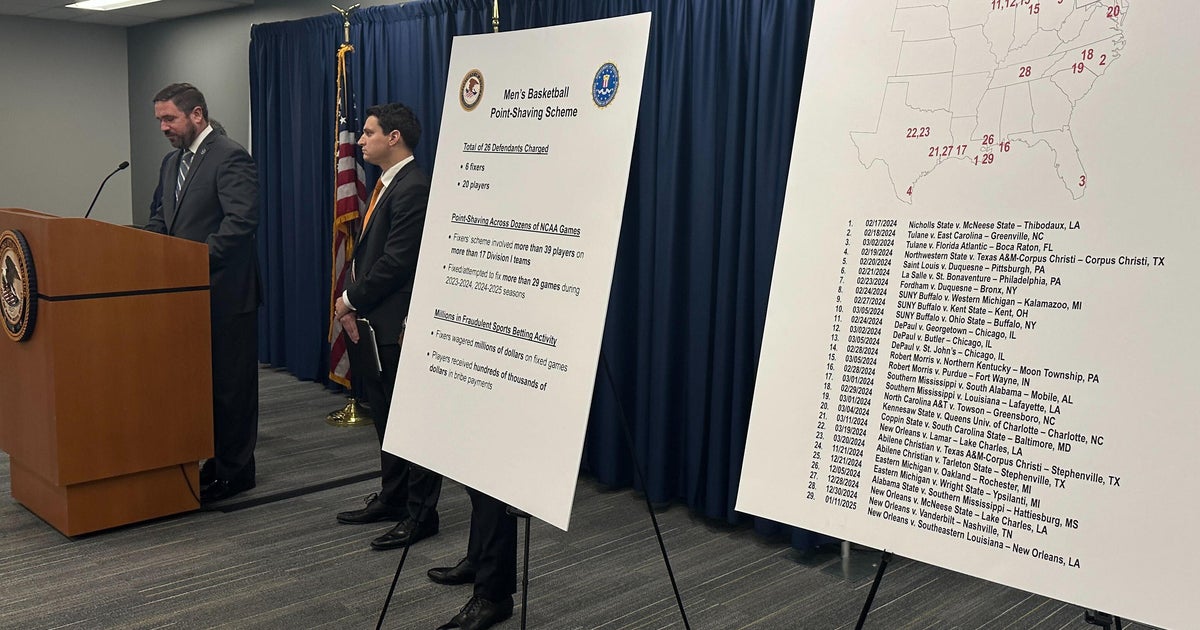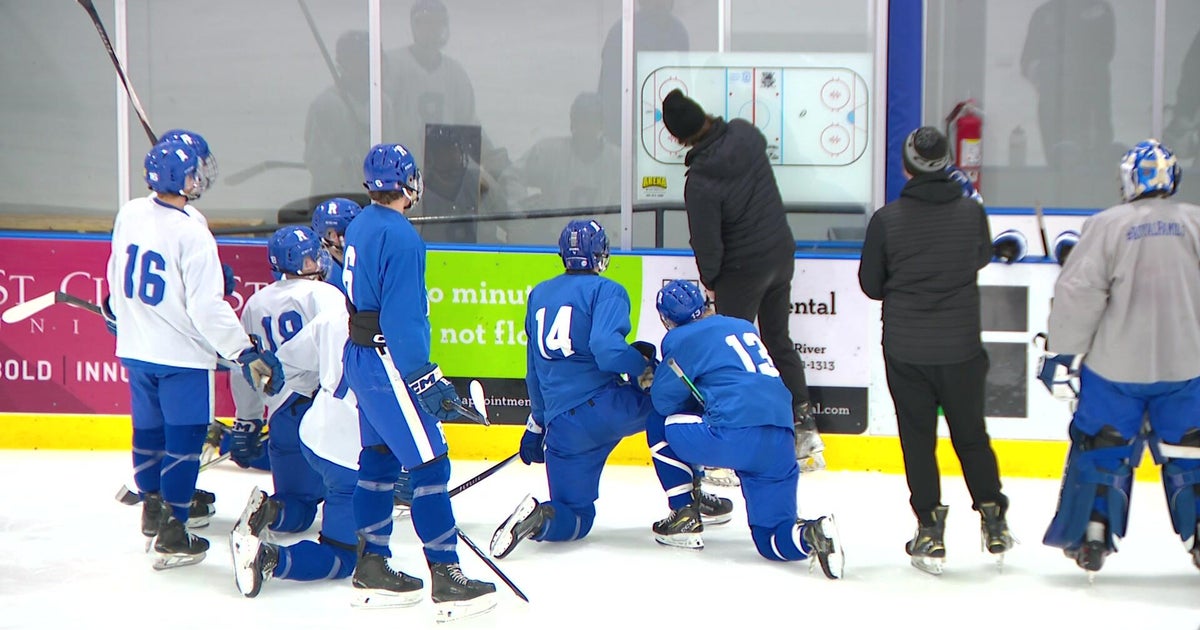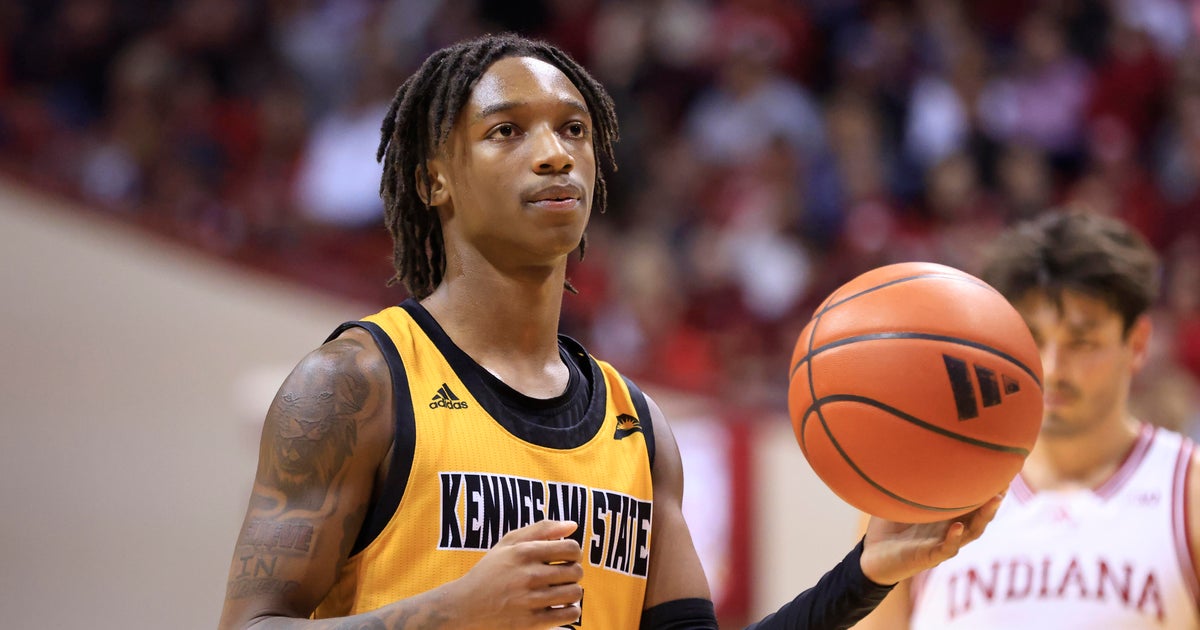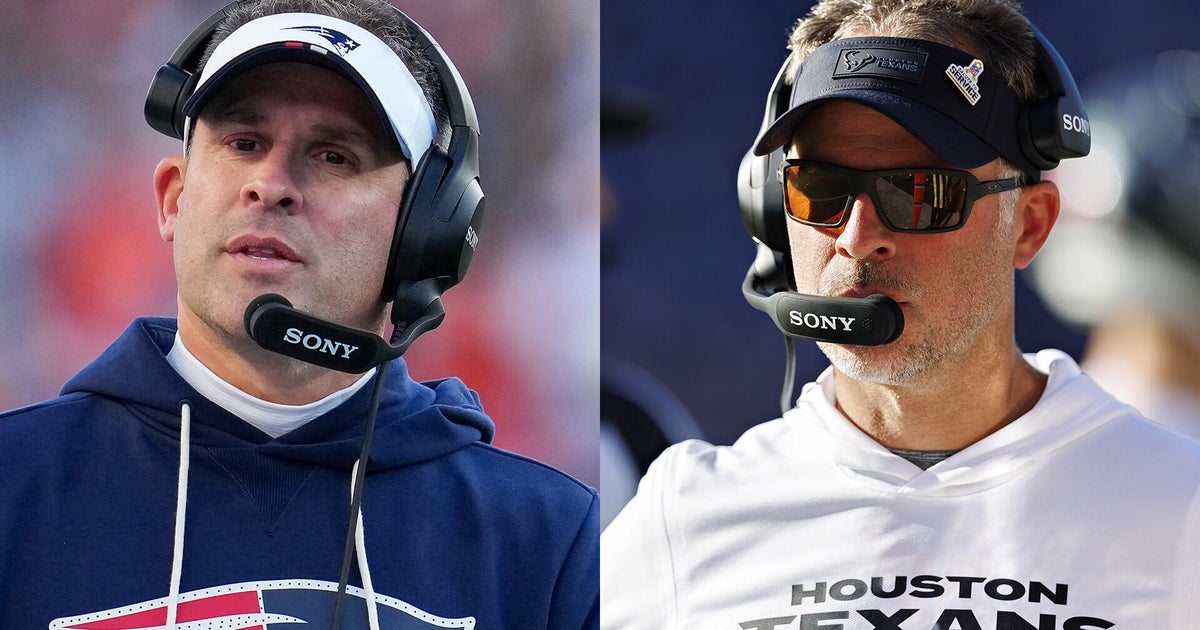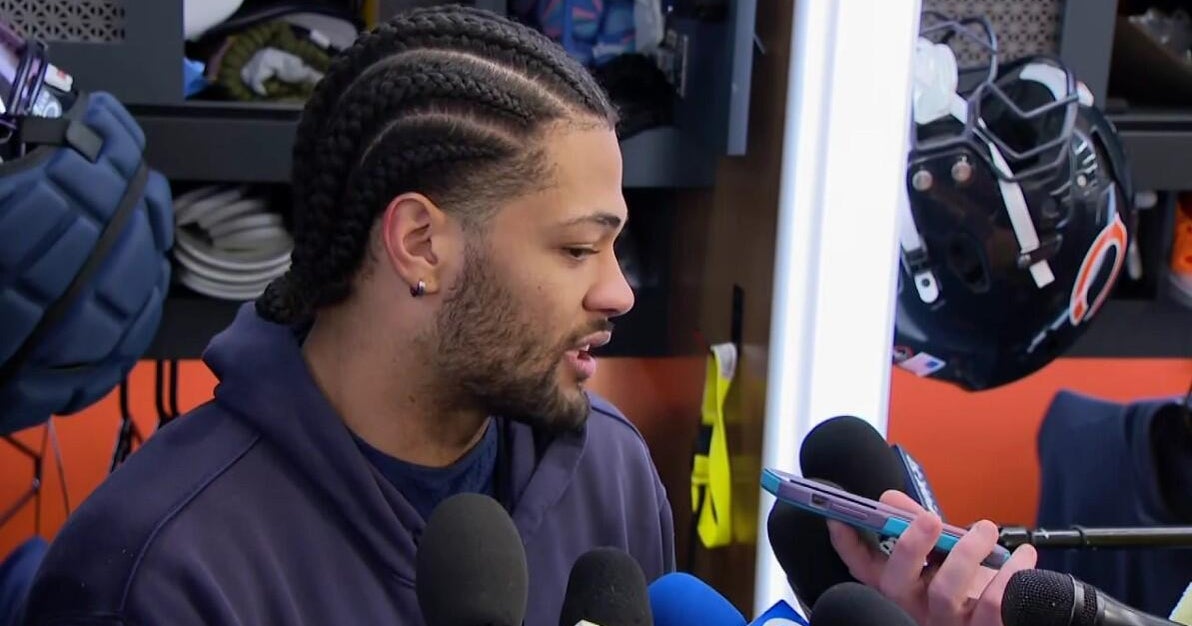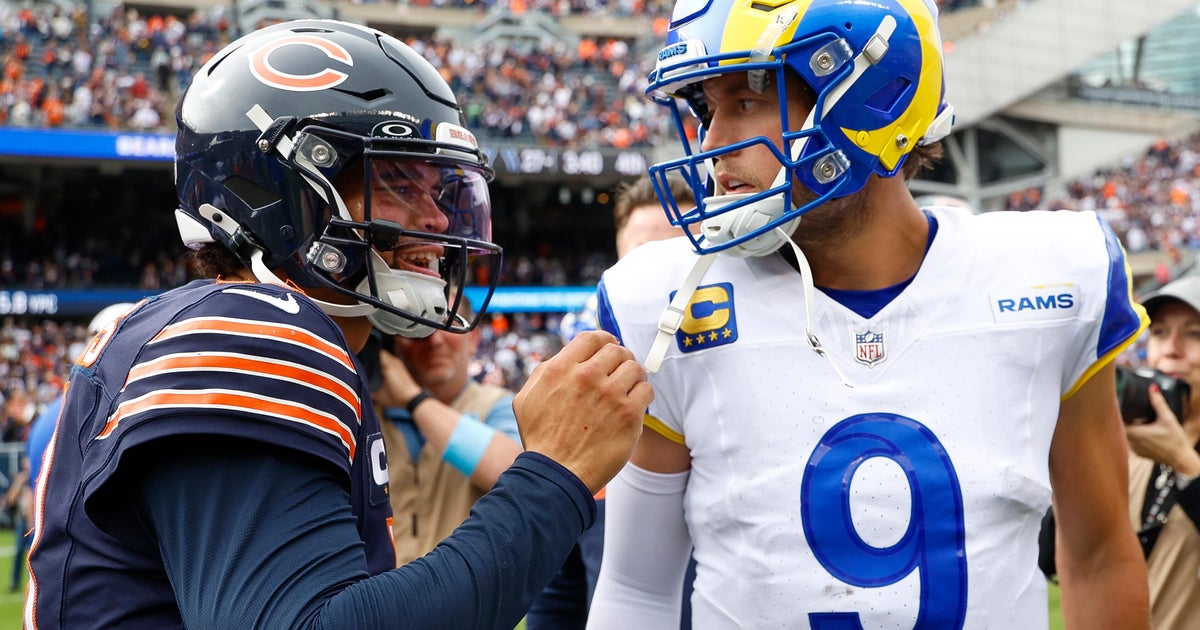Schmeelk: Let's Hope The NBA's Flopper Fines Stand
By John Schmeelk
» More Columns
The NBA was in a vicious cycle -- one they have finally decided to try and break.
In the '90s, much more contact was allowed close to and away from the basket. That helped fuel the epic Knicks-Heat playoff rivalry, where neither team could score 80 points. The NBA reacted and altered its rules to allow basketball to be beautiful again.
Referees gave the benefit of the doubt, more and more, to the offensive player, even if he initiated the contact. It got to the point where the offensive player wouldn't even try to score anymore. They would just jump into the defender and pray for a foul. It worked as more and more players, especially the stars, scored their points at the line. By rule, if a defender jumped straight up or simply stood their ground, they shouldn't be called for a foul.
The game was not called that way.
Defenders, seeing they couldn't slow down the NBA's best via conventional means, decided to try something a little more deceitful. They started to flop. Many would say the Europeans brought it over in the late 90s, made famous by Vlade Divac against Shaquille O'Neal. At even the slightest touch of contact, defenders started to flail and fall. Even though there's nothing in the rule book about it, when's the last time anyone saw an offensive charge called when the defender didn't hit the floor? Just because a defender is strong and holds his ground, it doesn't mean the shoulder driven into his chest was not a foul. Tyson Chandler suffers from this all the time.
Of course, flopping isn't relegated to defensive players. From Reggie Miller to Sam Cassel to LeBron James, players with the ball have been flopping to get to the free-throw line for years.
James is one of the pound for pound most powerful players in the league, yet at times he goes flailing at the slightest bit of contact. It's like someone shot him with a canon. Other offensive players who don't react so dramatically to contact, like Stephon Marbury in his prime, would not get the proper benefit of a call.
I'm sure the NBA has been telling their officials for years to be leery of flopping, but with the speed of the game it's impossible to tell in real time whether or not contact is real. It often takes slow-motion instant replay to see the truth, and incorporating so many reviews into the game is a non-starter. Instead the NBA has put the onus on the league to review every game and fine players for flops. After a warning, fines increase from $5,000 to $30,000 from the second to fifth violations. After five violations, fines can be increased or suspensions issues at the discretion of the league. There will be a similar system in the playoffs.
According to the NBA, "flopping" will be defined as any physical act that appears to have been intended to cause the referees to call a foul on another player. The primary factor in determining whether a player committed a flop is whether his physical reaction to contact with another player is inconsistent with what would reasonably be expected given the force or direction of the contact.
If some players don't change their behavior, they will be at violation No. 5 by the third or fourth week of the season. Cash is king, and players will not want to dish out those heavy fines. Despite the fact that the majority of their players like the new rules, the NBA Players' Association will file a suit saying the new rule is illegal since it wasn't collectively bargained. As usual, they care little for what's the best thing for the sport.
Assuming the new rule stands, the NBA is going to look very different. Some defenders will get worse, and others will get better. Since players will be hesitant to flop, the job of referees will get easier. I think in the end, there will be fewer foul calls (both offensive and defensive).
We might actually see good, straight-up defense return to the NBA -- which would certainly be a reward. The free-throw wars will end. That's good for everyone.
I find it funny how almost all players like the new rule stipulation. I guess floppers are not self-aware because at least 25 percent of the league does it -- and does it often. I'm excited to see if fewer fouls are called. Hopefully the NBPA and the league can come together and settle this disagreement for the betterment of the sport.
I will miss one thing: Jeff Van Gundy ranting about floppers during national telecasts. I guess we can't have it all.
You can follow me on Twitter here for everything Knicks, Giants, Yankees and New York sports.
Who is the worst flopper around? Be heard in the comments below!
